Cost effective coaching for business
Cost effective coaching
Higher performance, personal development, increased wellbeing… The benefits of coaching have already been well established. However, there are still plenty of misconceptions around this powerful development tool.
Many businesses believe coaching is expensive, and therefore best reserved for the leadership team or C-suite. At Let’s Talk Talent, that’s not how we think. We believe everyone has talent, and coaching should be accessible enough to help anyone unlock their full potential.


Why coaching is important to your business
If you want to Get, Keep and Grow brilliant people then providing opportunities for your employees to unlock their potential and enhance their performance is a no brainer. So when you are thinking about how you grow and keep great people, think about coaching as a tool in your kit bag.
At Let’s Talk Talent (LTT) we are seeing that, in addition to providing coaching as a learning and development (L&D) resource, businesses are now expecting their managers to adopt a coaching style as part of the day-to-day management of their people, their processes, and their projects.
When it comes to coaching, most organisations expect to buy a generic programme that costs so much only their leadership team benefits from it. At LTT, we don’t believe you have to settle for the status quo.
A good coaching programme, such as our Coach on Demand service, should adapt to your people, not the other way around. And to be as effective as possible, it should also be opened up to as many employees as possible, from high-potential rock stars to team managers and technical experts.
With their help, we have started to make coaching available outside of our senior roles and the results are clear – colleague promotions and our personal growth engagement scores have improved too!
Shelley Hayward, Head of Engagement & Learning, The Cumberland Building Society

Driving positive change
Coaching is used by businesses everywhere to help drive positive change and implement organisation-wide action, as well as ensure staff model the right behaviours at all times. This could include improving a company’s internal culture, enhancing its environmental impact, or making sure each employee feels psychologically safe at work by supporting equity, diversity, and inclusion (ED&I).
Changing behaviours is a tough endeavour and, when faced with difficult situations, many leaders will revert to old patterns. Being aware of an issue such as unconscious bias is one thing; developing the skills needed to address it is another.
This is what makes coaching an effective way to implement long-term changes, as leaders are given the freedom to set their own objectives, whilst still being held accountable for their results. Leadership coaching has become one of the main tools available for an organisation wishing to generate and promote a culture of psychological safety.
Coaching vs Mentoring
Whereas mentoring is usually longer term and more informal, coaching is mostly used to achieve a specific, measurable goal. For example, helping a leader implement large-scale change, preparing an employee for a new role, supporting someone who isn’t quite meeting expectations, or improving a particular skill such as public speaking or empathic leadership.
Coaching is also extremely effective when it comes to supporting career development. In fact, during most of the Coaching on Demand sessions we have led so far, the first question asked is about career progression. Here, it’s a manager’s job to listen, present, and discuss the opportunities available and take time to help staff find their own way to reaching their personal and professional goals.


Coach on Demand
Our Coach on Demand service supports your employees with easily accessible, flexible and virtual coaching sessions, providing employees with a safe space to explore their current developmental challenges.
Your colleagues are just a few clicks away from access to an experienced professional coach from the comfort of their home at a time that suits them for a 60 minute session that’s entirely focused on solving their immediate challenges.
This coaching service can be provided to your employees as one-off development or as part of a programme.
With Let’s Talk Talent’s help, we have started to make coaching available outside of our senior roles and the results are clear – colleague promotions and our personal growth engagement scores have improved too!
Shelley Hayward, Head of Engagement & Learning, The Cumberland Building Society
Our coaching experts

Yvette Janse van Rensburg
Senior Consultant
An accomplished HR, Talent, and People Development professional drawing on 15+ years’ experience working across SME, Corporate, global geographies and complex stakeholder environments in the Built Environment, Recruitment and Real Estate sectors.
Yvette has a passion for supercharging innovative Talent Management & People Development strategies for future focused organisations, creating moments that matter for people & businesses to thrive.
Coaching Consultants based in London based in London
Let’s Talk Talent is a talent management and organisational development consultancy based in London, UK. We help our clients get, keep and grow brilliant people.
We work with a range of businesses from small SMEs to large multinational brands that operate globally.
Come and find out how Let’s Talk Talent can help you transform your performance management process into a modern performance experience.
Coaching Services
- Coaching consultants
- Strategic coaching companies
- Professional coaching providers
- Coaching in business
- HR Coaching
- Coaching for senior leaders
- Group coaching
FAQs
Coaching is a process of working where a coach helps facilitate an individual or group towards finding solutions and meeting goals. The coach creates an environment where coachees can think for themselves and create their own answers. They do this through a variety of techniques including questioning, listening, summarising, challenging and observing.
Coaching can be for anyone who feels they will benefit from talking through their goals or challenges and in having space and freedom to think through solutions for themselves.
Coaching works for those with specific goals and for those who want the time to define their goals. It works at any level and in any role. The important part is to find a coach who you feel comfortable with and are open to the coaching process.
It can be but it doesn’t have to be. One off coaching sessions can be very powerful and can often be enough for a coachee.
However, there are also times when a series of sessions can be the right way to go. This particularly applies if the coachee wants to look at multiple challenges or particularly complex ones.
You can decide on the number of sessions once you have defined what you want to be coached on and your coach should be able to help you decide how many sessions would have the biggest impact.
Coaching is the ultimate bespoke development tool as it is wholly focussed on the individual /group and is about helping them find solutions through their own knowledge and experience. It can be extremely powerful and can help with a number of topics such as confidence, imposter syndrome, creative blocks, assertiveness, personal brand etc where less bespoke work may have less of an impact.
The coach and coachee/s will agree the goals they are to work on. This may be defined before coaching starts but may also form part of the coaching itself, dependent on how clear the coachee is on what they want to achieve.
The coach and coachee/s will then agree how many sessions and what form they will take (duration, location, style etc). In these sessions the coach will facilitate the coachee to think through the challenges and come up with solutions. They will use a number of techniques and help the coachees/s understand themselves better, overcome obstacles and learn about ways in which to move forward.
Whilst the topics can be personal and connected emotionally, coaching is not counselling and the coach will flag if they think additional help is needed.
Coaching often calls on the individual to take ownership and responsibility which has huge benefits including a feeling of empowerment and sustained change.
This will depend on what the goal for coaching is but the coach will help you define this and how you will measure success. The coach will regularly check in to ensure that the goals are on track and that the coachee feels progress is being made.
Not at all. Whilst coaching can help many people who are struggling with a multitude of things, it is also very effective for those who are not struggling but want to focus on a goal or want to create space for themselves.
Coaching is as much for high performers and we have coached many individuals and leaders who utilise coaching to help them achieve even greater things and move to the next level.
Got a coaching project in mind?
You’ve come this far, why turn back now?
If you have someone who might benefit from some coaching or a challenge you need help with, or just want to find out more about what we do, let’s talk.
"*" indicates required fields
Related Coaching resources

CARD DECK
Book a tailored team building day for your teams.
We offer a wide variety of options for team building. Enquire to find out how we can support you best.

CASE STUDY
Coaching & mentoring at the Fat Duck
Read how Jo coached the Exec Chef of this well known high-end restaurant through a career transition.
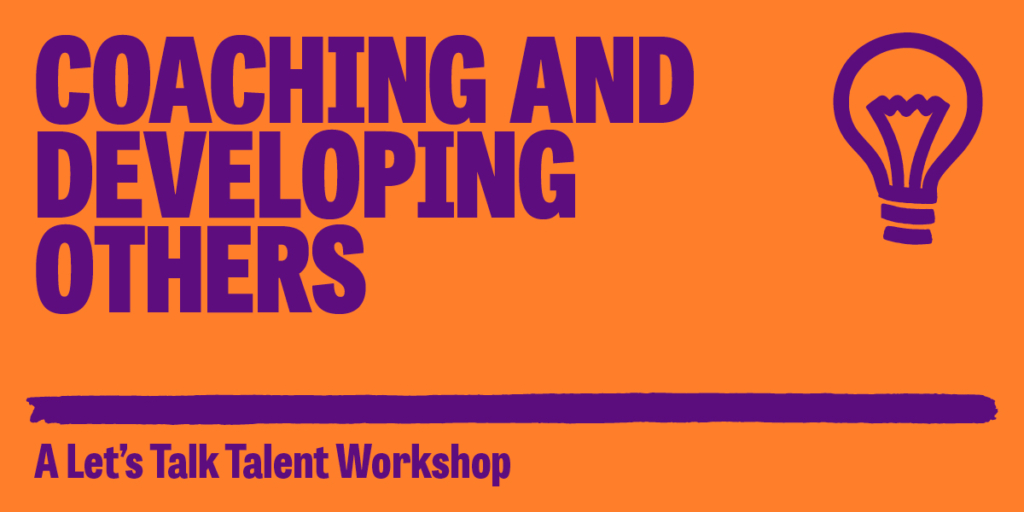
WORKSHOP
Coaching & Developing others
Ever wanted to get your leaders and managers to be better coaches? This workshop will help you do just that.
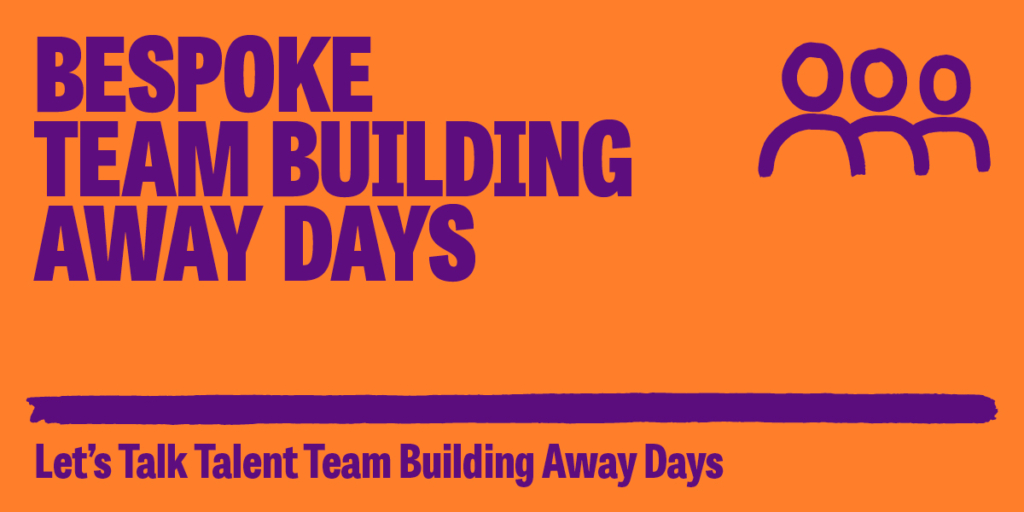
CONSULTANCY
Book a tailored team building day for your teams.
We offer a wide variety of options for team building. Enquire to find out how we can support you best.
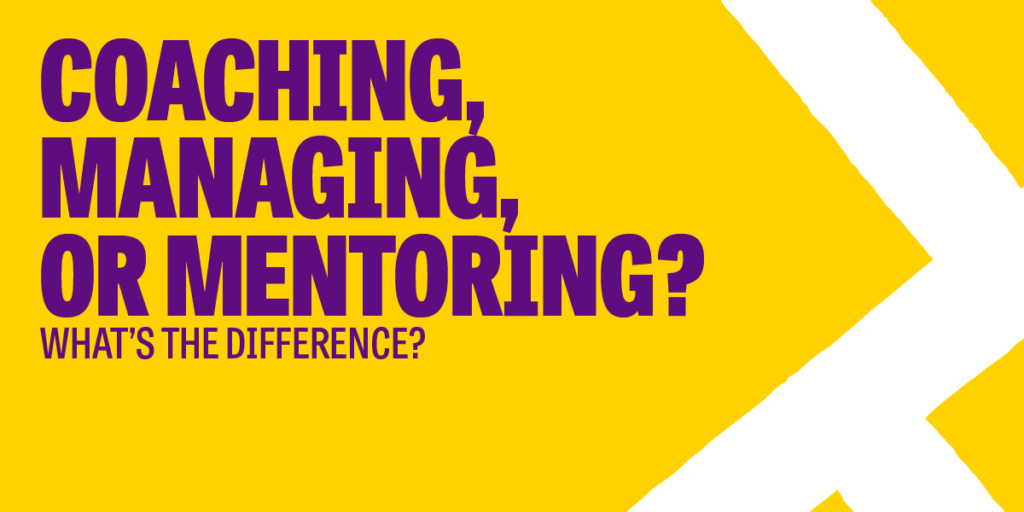
BLOG
Coaching, managing or mentoring?
Find out what coaching is and isn’t in this blog. Compare and contrast against mentoring and managing. Do you understand the difference?
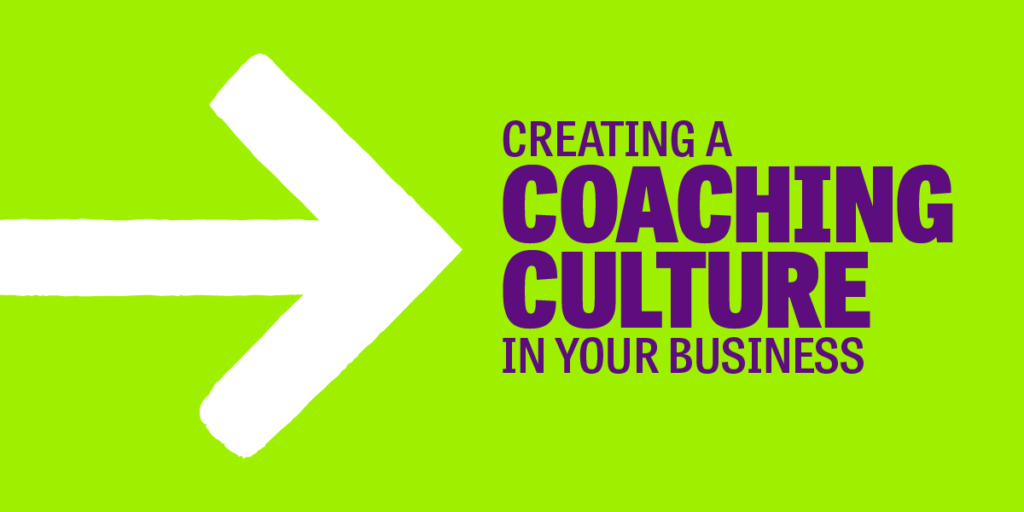
BLOG
Creating a culture of coaching within your organisation
Find out how to create a culture of coaching in your organisation in this blog. Do you have what it takes?
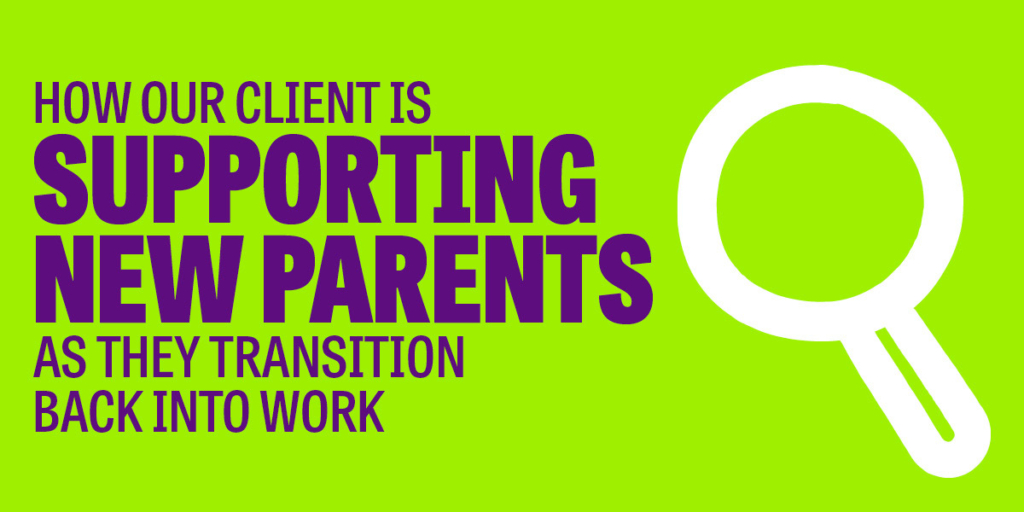
CASE STUDY BLOG
Supporting new parents as they transition back to work
Find out how we supported one of our clients with a new pilot project to support new parents in their organisation transition back to the workplace.

BLOG
How to use virtual coaching as part of your L&D Kit-bag
Find out how you can use cost effective coaching to bolster your L&D offering without breaking the budget.
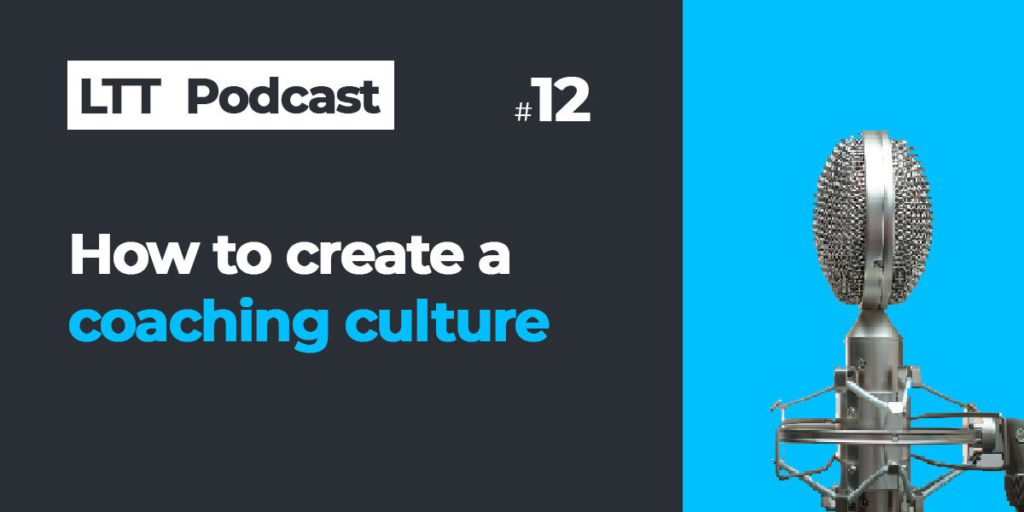
PODCAST
How to create a coaching culture with Shelley Hayward
How managers can help their teams fight complacency and become high-performing units.
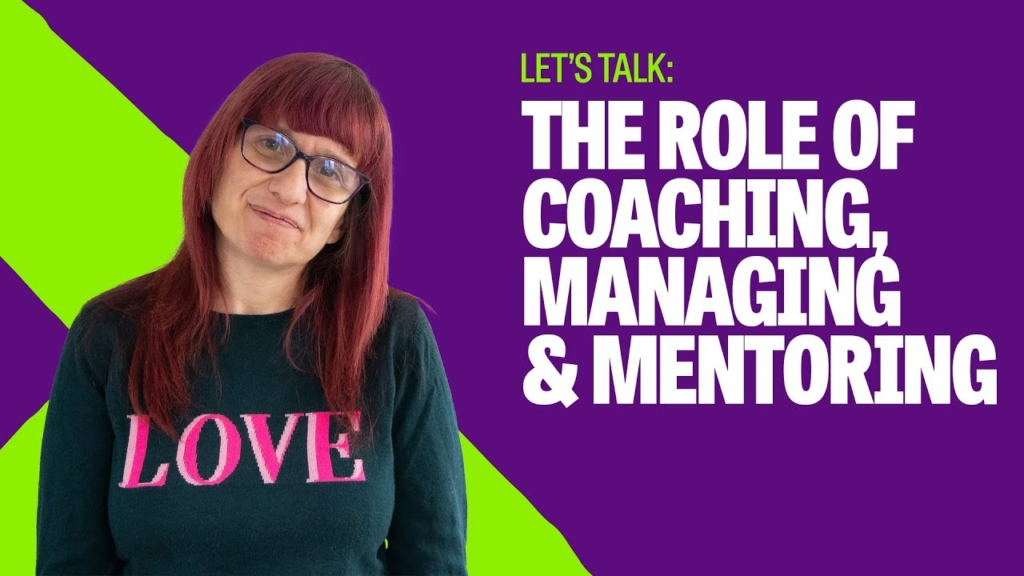
YOUTUBE
The role of coaching, managing & mentoring to develop your people
Jo explains what the difference of coaching, managing and mentoring is.
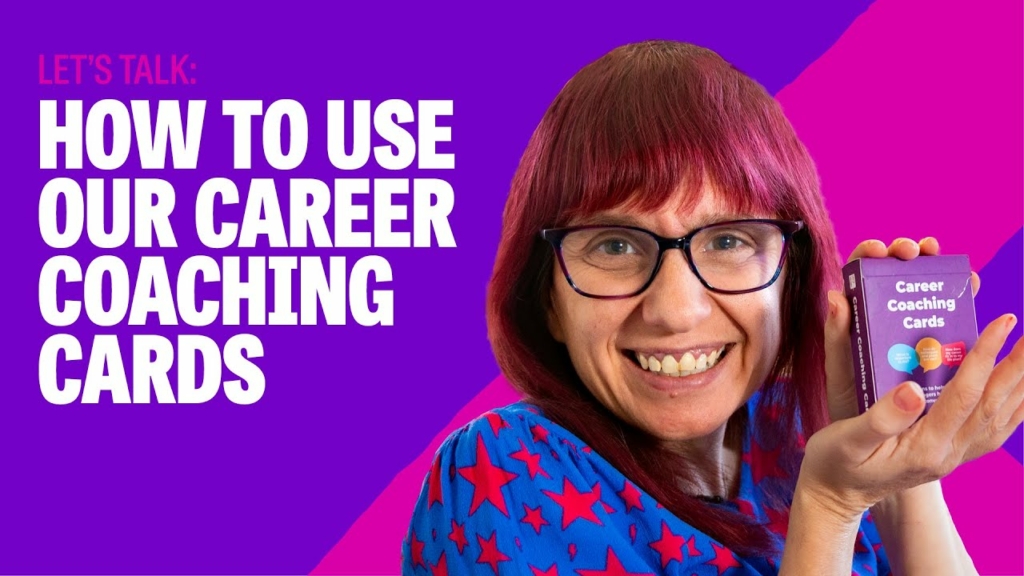
YOUTUBE
How to use Let’s Talk Talent’s Career Coaching Cards
What’s in the box? Watch this video to find out – and how to use these cards for better career coaching.
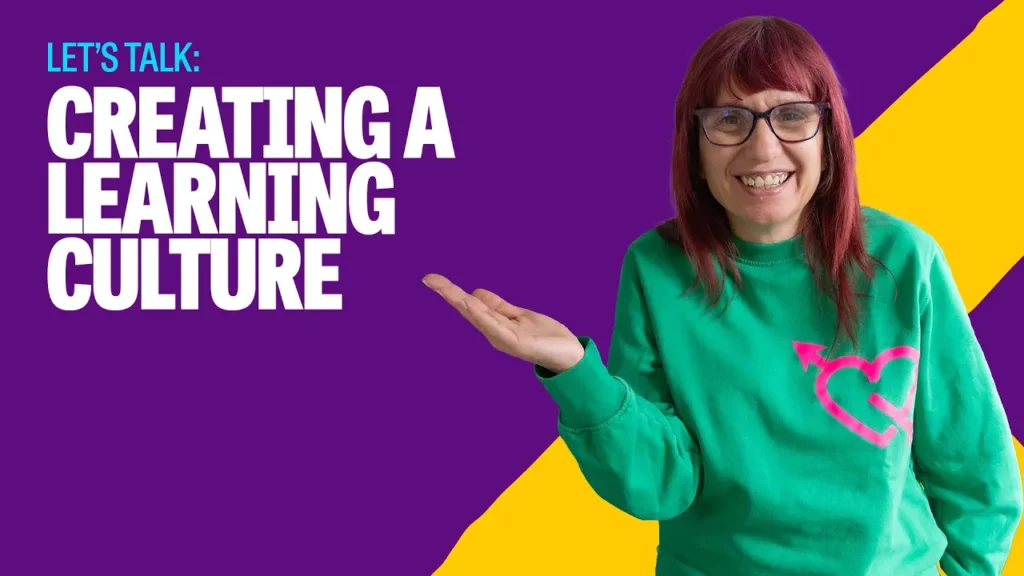
YOUTUBE
How to create a learning culture
Join Jo to find out how to embed a learning culture within your organisation.
What else can we do?

Management Development
Coaching can add another level of depth to managers that are participating in development. Outside of the core elements of management development they still may be challenged with particular issues or situations. Coaching provides the perfect safe space to discuss the challenges they are facing to support them to a resolution.

Team Development
Coaching can be an effective tool in supporting team development. Team coaching is a great way to establish a collaborative coaching approach across a team. Team coaching provides the opportunity for team members to provide organisational context to each other whilst driving a collaborative approach to a common issue or situation.

Performance Management
Coaching can support individual challenges which may be affecting performance. Rather than larger development courses, coaching brings 1-1 attention to the individual, allowing them a safe space to share their challenges and views, with the end goal to support them to achieve their full potential.





